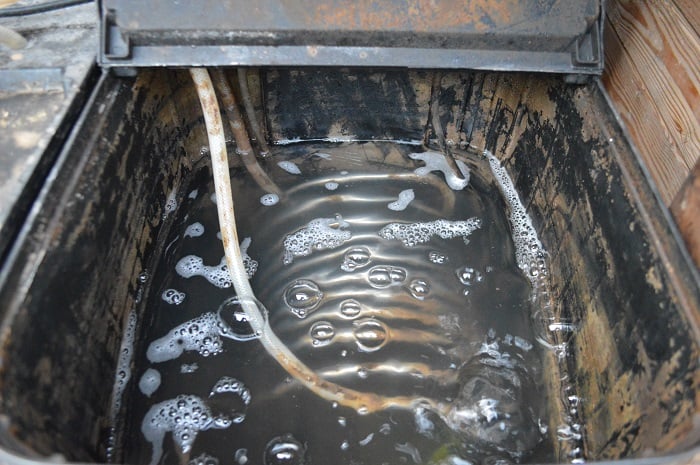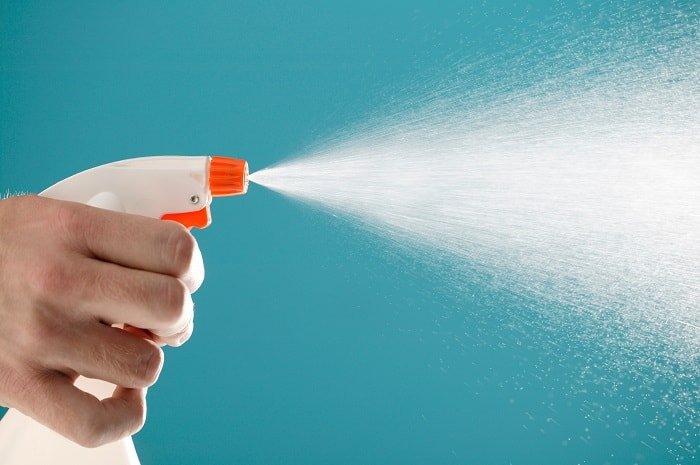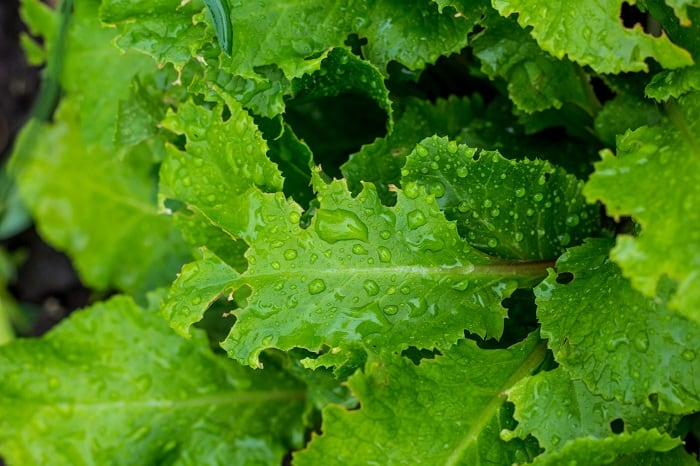Last Updated on October 29, 2022
Compost tea constitutes a healthy sippy diet for your plants. As a gardener, you can convert your kitchen waste to a rich compost to improve both indoor and outdoor plants.
With the right compost tea feeding schedule, you can provide your plants with all the nutrition they need to grow. Imagine not having to worry about your yield at the end of the growing season.
While compost tea is useful in the garden, not all gardeners are familiar with how best to prepare or use compost tea in the garden. If you are one such gardener, you are in the right place. You can read up more about compost tea and the best feeding schedule for your plants below.
What is Compost Tea?
The simplest way to define compost tea is the result of soaking a bag of compost in water. You can imagine soaking your tea bag in a cup of boiling water; it is the same thing.
There are several ways to go about making compost tea, but all of them involve transferring the nutrient from the compost to the water. Just like with your morning tea, to get the nutrient in the bag, you have to soak it in water. So the two things you need to make compost tea is compost and water.
Most gardeners have their brewing methods depending on the plant. It is one of the benefits of compost tea; you can experiment with it to find what works best in your garden.
If you have an indoor garden, or you make compost tea frequently, you may consider getting some gears to help make things easier.
How to Make Compost Tea?
Making compost tea is as easy as diluting fresh compost mix in water. Introducing air in the mix improves the concentration of organic matter. Aerobic compost tea is rich in nutrition than with oxygen in the mix. With oxygen in the mix, the microbial solution in the soil increases, which further enhances the plant’s immune system.
The aeration process is the most important aspect of brewing compost tea. Most gardeners get the process wrong which can harm the plants, and make the compost tea to stink. Your best bet is to keep the compost tea aerated until you are ready to make use of it.
You can make use of an airline to aerate your compost tea. Removing the airline will cause the microbes in the mix to die.
A compost brewing unit is a suitable gear for making rich compost tea. You can liken it to a coffee machine. You can save yourself the stress of making compost tea by purchasing a small unit for your plants. Breaking down oxygen is a lot easier with a brewer. You can make use of airstones with the brewer to ensure oxygen is available for microbial activity.
Before Applying Compost Tea
Your compost tea should be ready for use from the third day after soaking it. For the best result, you should soak your compost for a week. You will need to allow up to seven days for the compost to dissolve in water.
After you are satisfied that the compost tea is ready, you will have to remove the debris from the compost tea. You can do this by using a cloth to strain the tea. You will have to do this if you intend to make use of a foliar spray.
Applying Compost Tea
There are different methods you can adopt to apply compost tea to your plants. You have to try a few of the methods to find one that works well with you. The best way to apply compost tea is by:
Foliar Application
The simplest way to apply compost tea is with the help of a foliar spray. Spraying your leaves with compost tea is a quick way to accelerate the nutrient supply to your plants.
You can also spray it directly to the roots of the plant. If you make use of a watering can, you can get the compost tea to reach both the leaves and root. It doesn’t matter what you use in spraying your plants, so long as you can get the compost tea to reach all parts of the plant.
Best Time to Apply Compost Tea
When is the best time to have a cup of coffee? In the mornings, right? So also it is with your plants. You should apply compost tea in the mornings before the sun is high in the sky. The compost tea needs to be absorbed by the plants and the soil. And the best time to feed your plants is in the morning before the sun is hot. Applying your compost tea in the afternoon when the sun is out will cause some of the tea to evaporate in the heat.
You can also apply compost in the evenings when the temperature is below 80 degrees. You also want to avoid applying compost tea when it is windy. High winds are capable of drying up moisture, thereby reducing the nutrients available for your plant.
You should apply compost tea weekly for the best result. You may need to make it twice a week on the newly transplanted bed to improve the nutrient condition of the growing medium.
In most cases, you can apply compost tea directly without having to dilute it further with water. If you make use of manure as compost material, you should avoid adding too much compost tea to your plants. Manure is high in nitrogen, and this can alter the nitrogen level of the compost tea.
FAQ’s
How often do you feed compost tea?
It has been made for thousands of years from various sources. It has been used as a fertilizer and as a means of pest control. Compost tea is safe to use on food crops.
Compost tea is a concentrated liquid fertilizer that you can use as a foliar spray or an all-purpose garden or lawn fertilizer. Compost tea is made from organic materials that are broken down by microorganisms and left to ferment in a bucket or barrel for several weeks. This process creates a nutrient-rich, dark, milky liquid that has the potential to be even more potent than compost itself.
If you’re a gardener, then you know that you need to give your plants the nutrition they need to grow. As gardeners, we have to be conscious of what we’re giving our plants and how often.
Compost tea is a very popular fertilizer for gardens. Most gardeners apply one or more of these types of fertilizer each week. In the case of compost tea, this is called a liquid fertilizer.
Can you over fertilize with compost tea?
You can over-fertilize with compost tea, but if you do, be sure to read up on how much compost tea you should use, since you will need to add water and/or nutrients to the tea in order for it to work.
How fast does compost tea work?
Compost tea is a liquid that contains living organisms, such as bacteria and fungi, which break down the organic matter in compost and other yard waste to release nutrients.
The first thing to know about compost tea is that it will work. It can take weeks, or even months, for compost tea to fully break down and start working on the target microbe or bacteria that’s causing your problem. However, you’ll notice a difference almost immediately after adding compost tea to your plants.
How long does compost tea keep?
In a closed container, I'd expect it to last a few months. My compost tea is almost four years old and still smells great.
What is the ratio of compost tea to water?
The ratio of tea to water varies with the amount of organic material added to the tea. For a standard recipe, you'd use 1 cup of tea to 2 cups of water. This would yield 1 quart of tea.
How do I know when compost is ready?
You can tell when your compost is ready by the smell. You will notice that the compost has reached its peak of activity, and it's time to put it in the garden or pot. This means that the compost has become rich, dark and moist. The air should be warm but not too hot.
Take Away
The type of compost used determines how rich the compost tea will be, so you must make use of compost with rich organic matter. You should be careful with the mineral concentration of your compost tea. Remember, too much nitrogen in your compost tea, for example, can burn your plants.
You also want to avoid using chlorinated water for compost tea. You should also avoid adding slake lime to your water.
Now that you are familiar with the compost tea feeding schedule above, you shouldn’t have a hard time preparing a quick fix for your plants.

Josephine is an enthusiastic gardener who loves to spend her spare time tending to her garden. She is passionate about growing her own food, and aspires to one day have her own vegetable garden. Josephine is also an animal lover and often takes in stray cats and dogs. She enjoys spending time with her pets in the garden, and is often seen playing with them or watering her plants. Josephine is an avid reader and enjoys learning about new gardening techniques and plants. She is always looking for ways to improve her garden and make it more beautiful. She is a great friend, always willing to lend a helping hand when needed. Josephine‘s passion for gardening and love of animals make her a wonderful addition to any garden.



